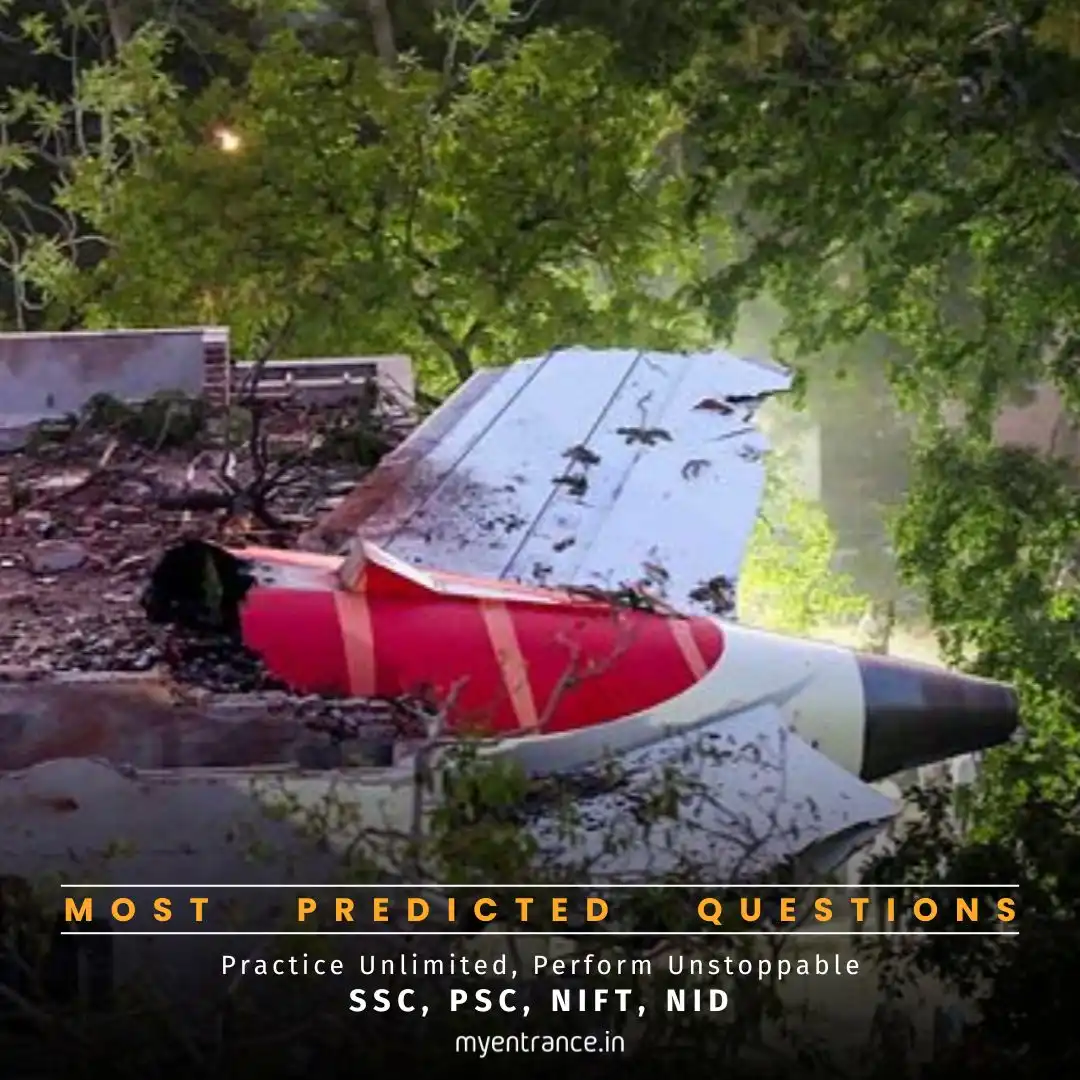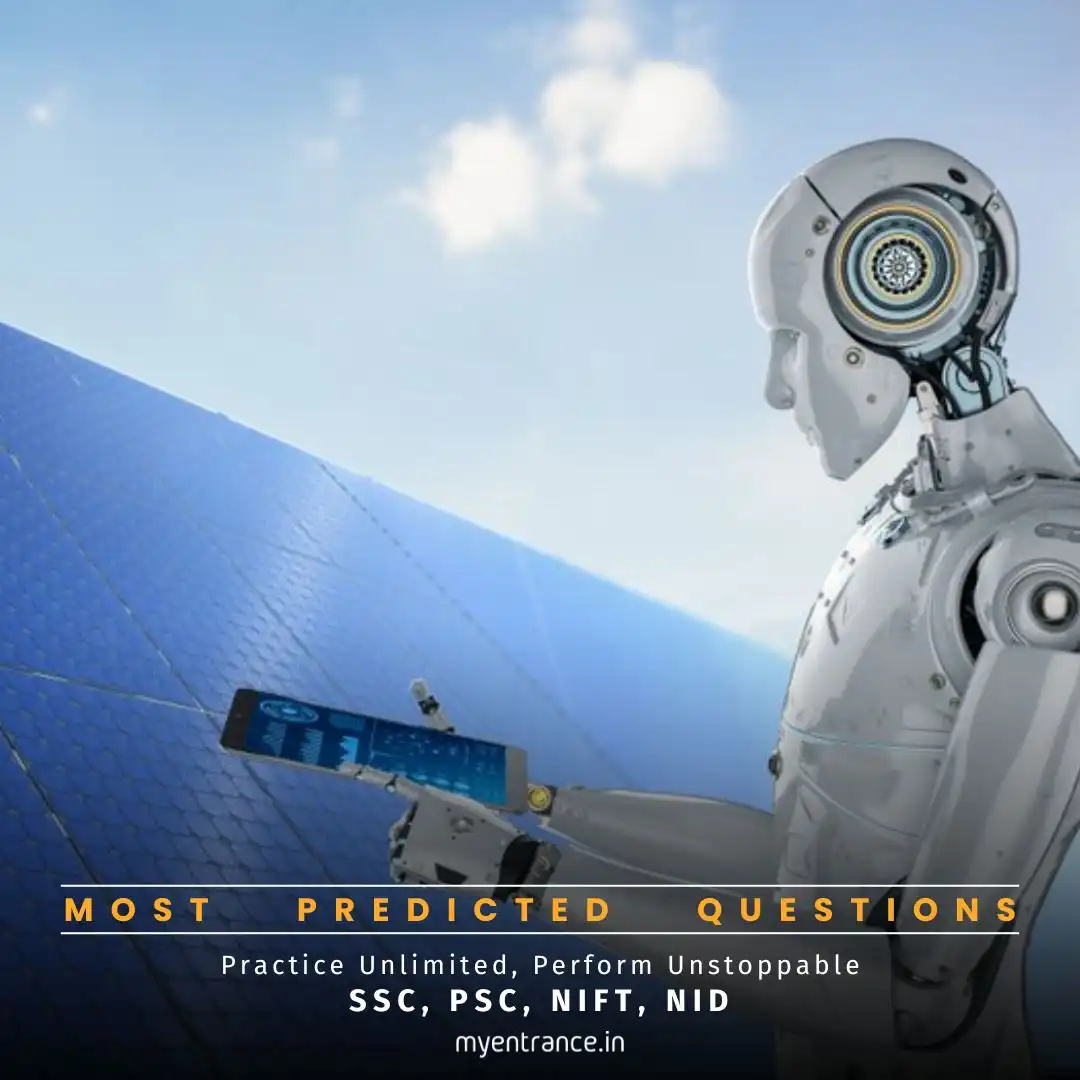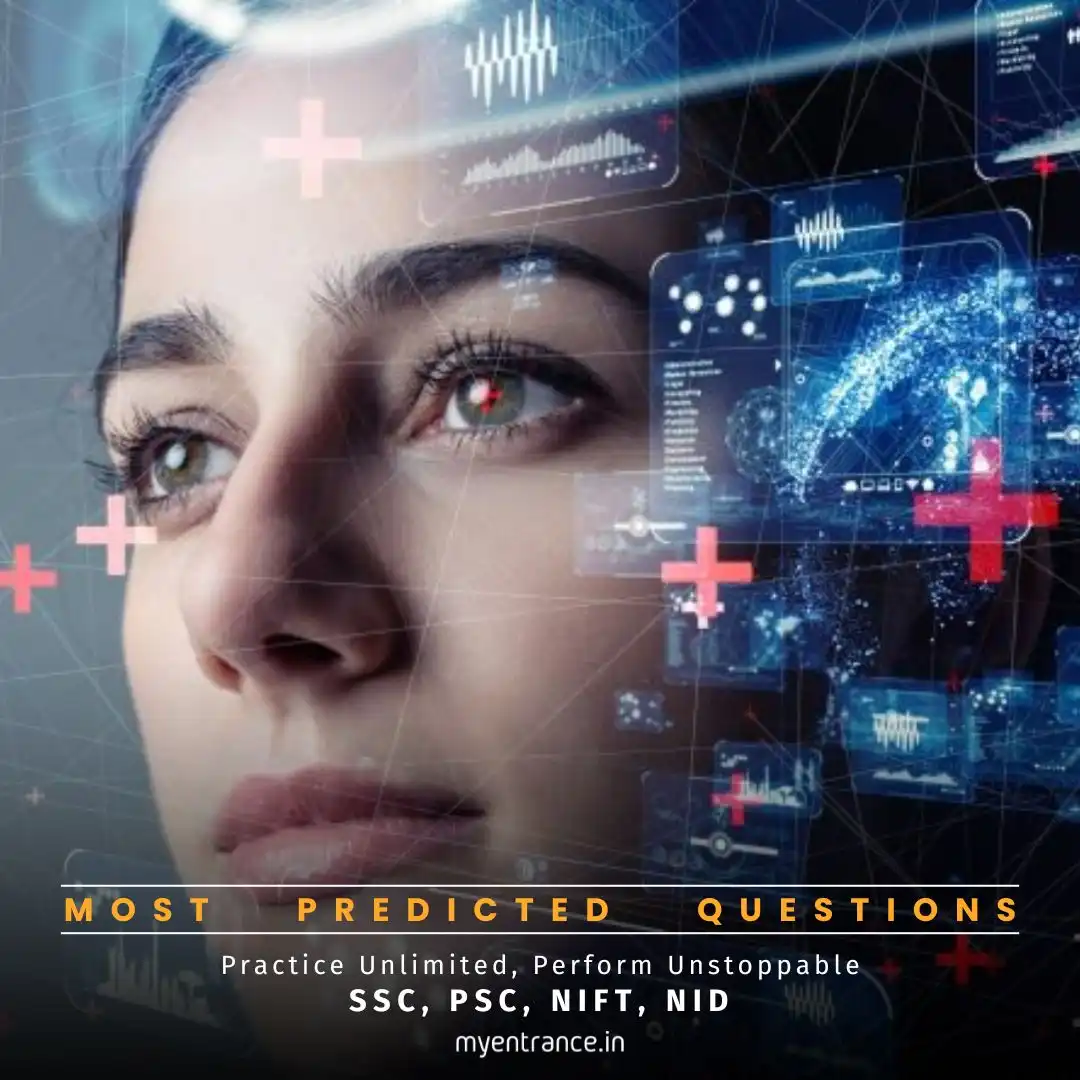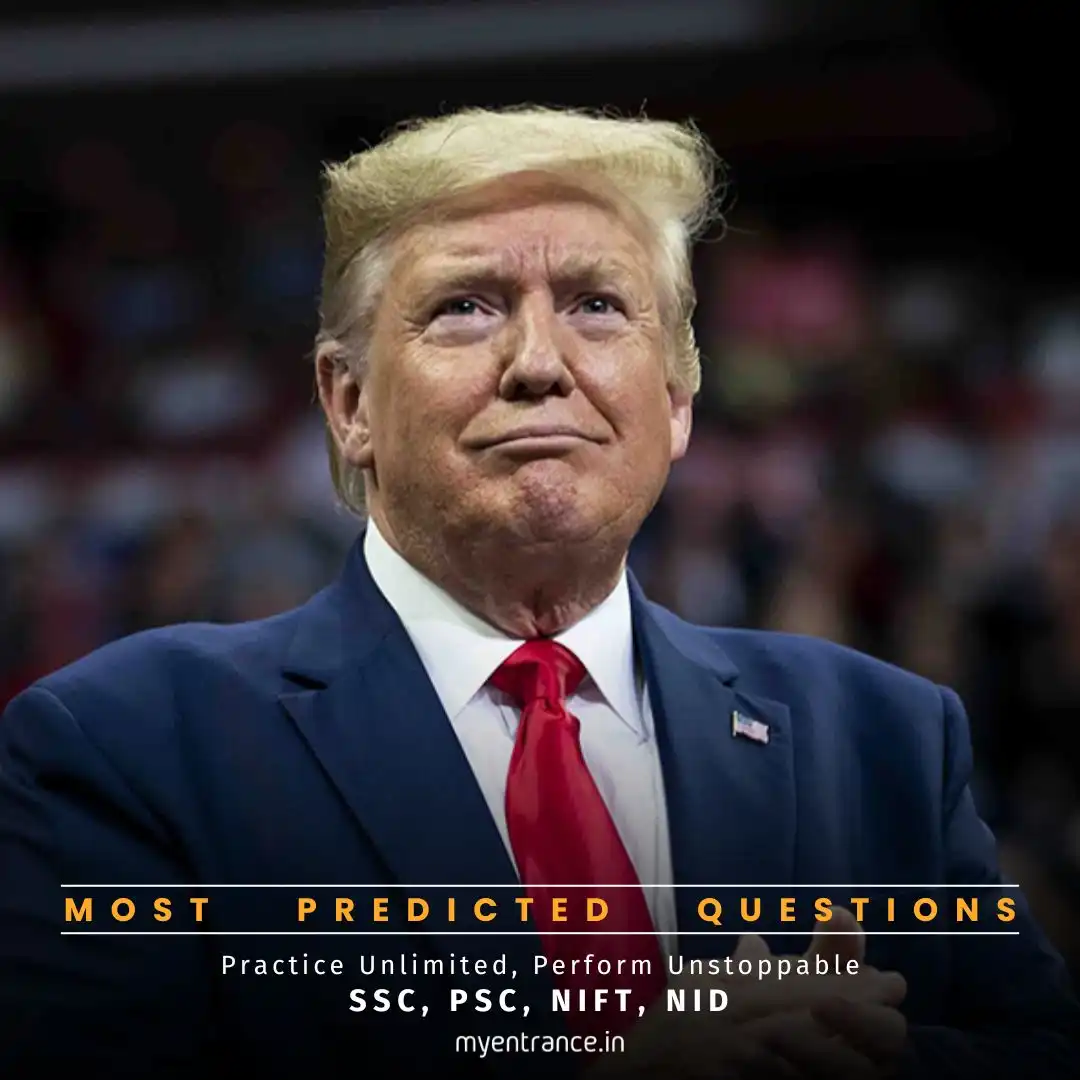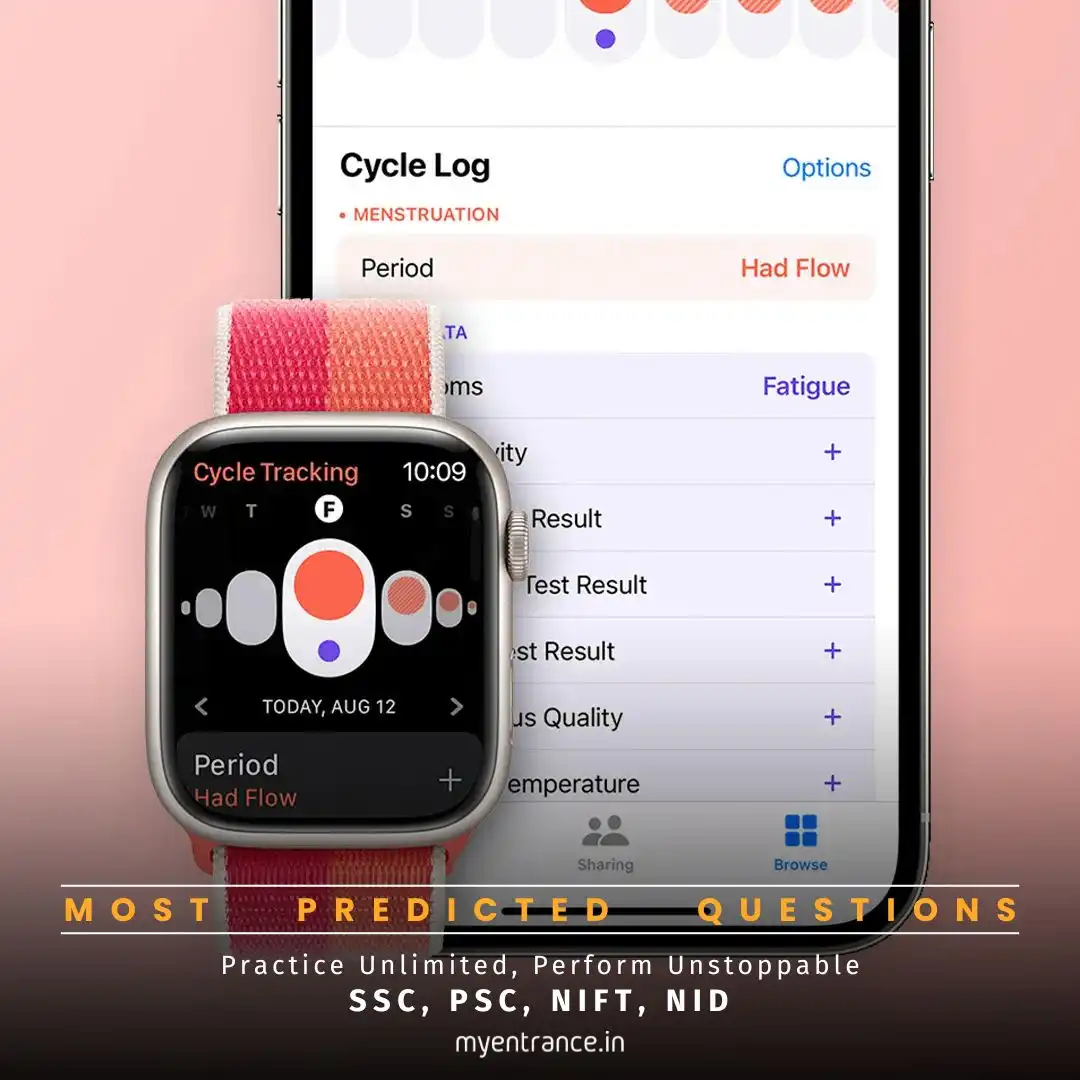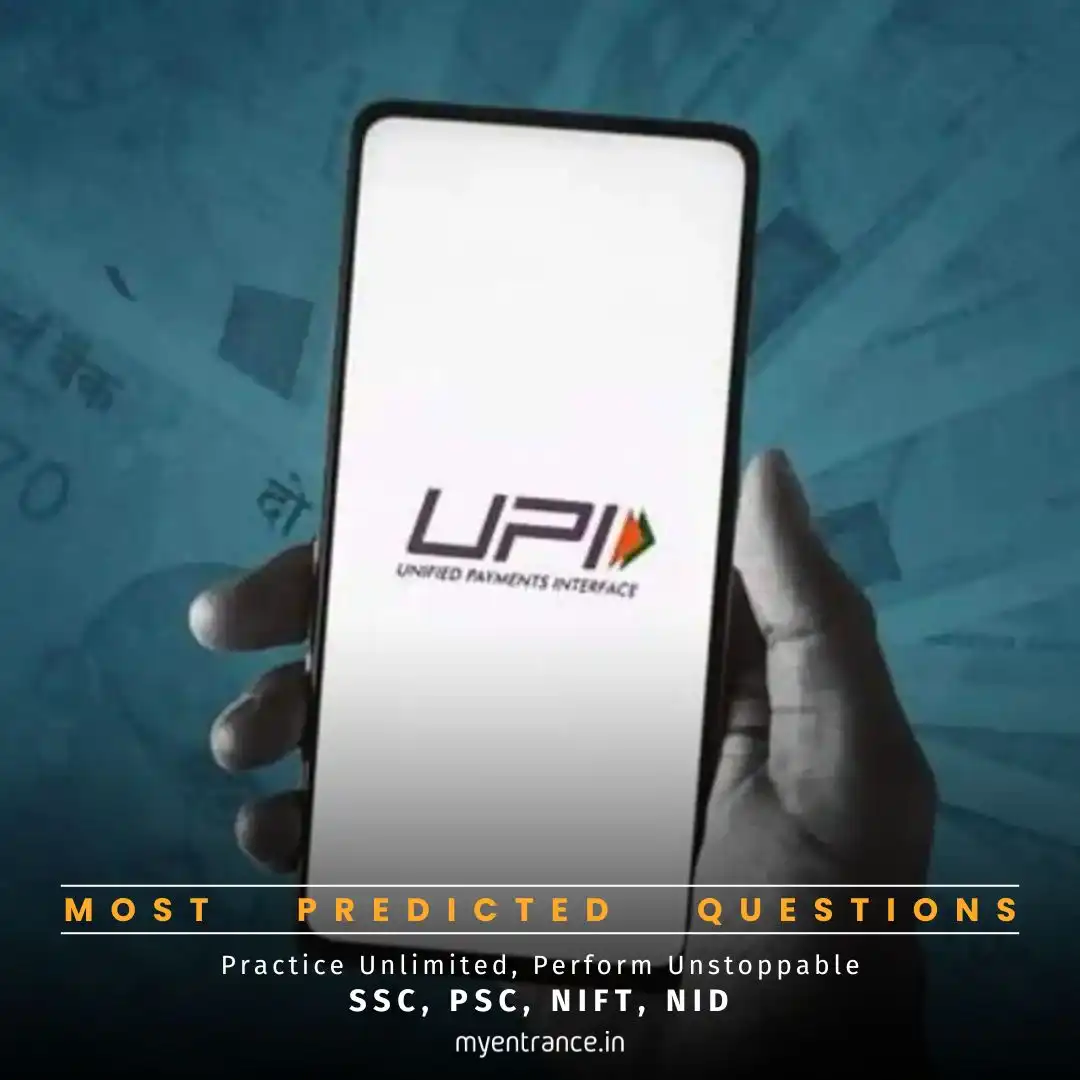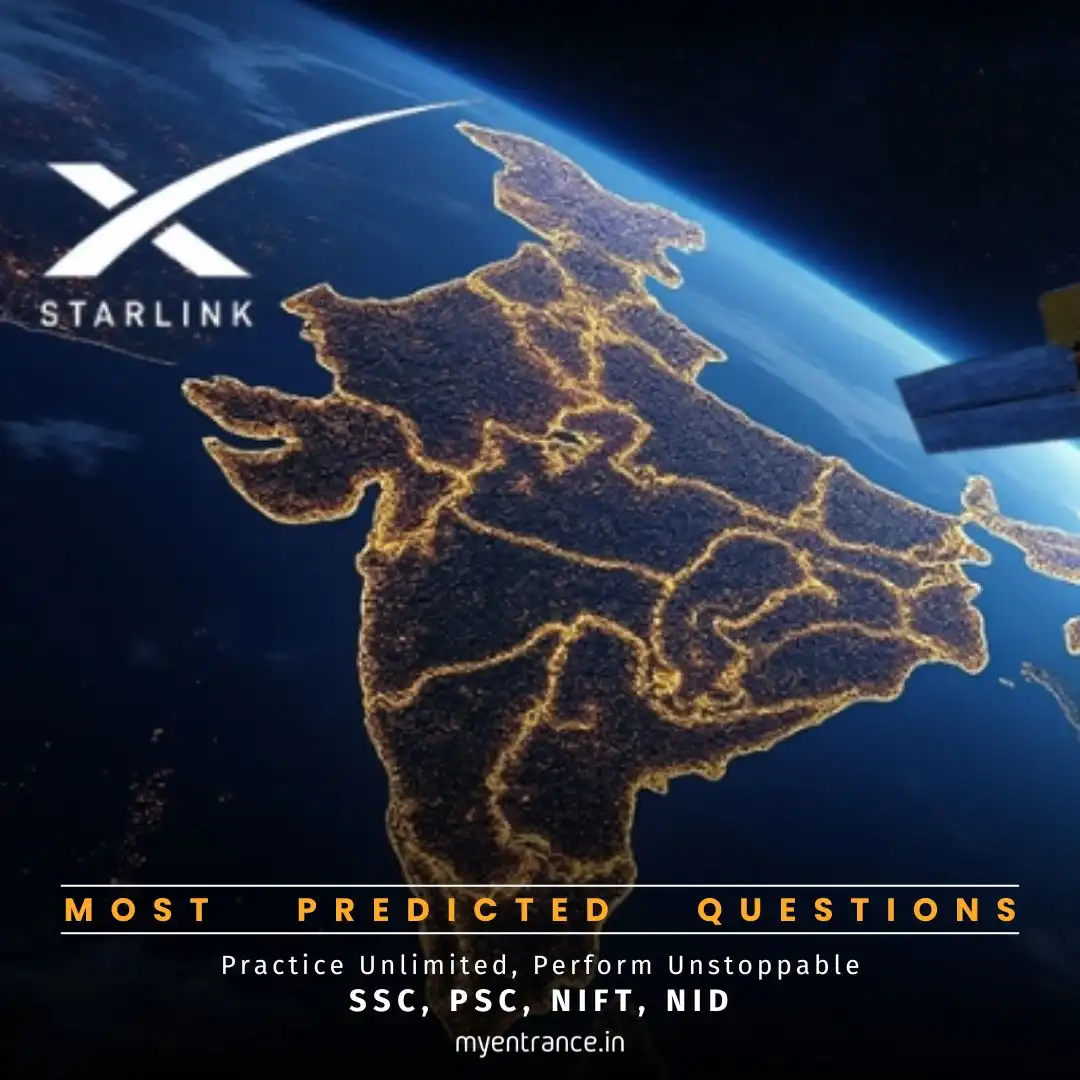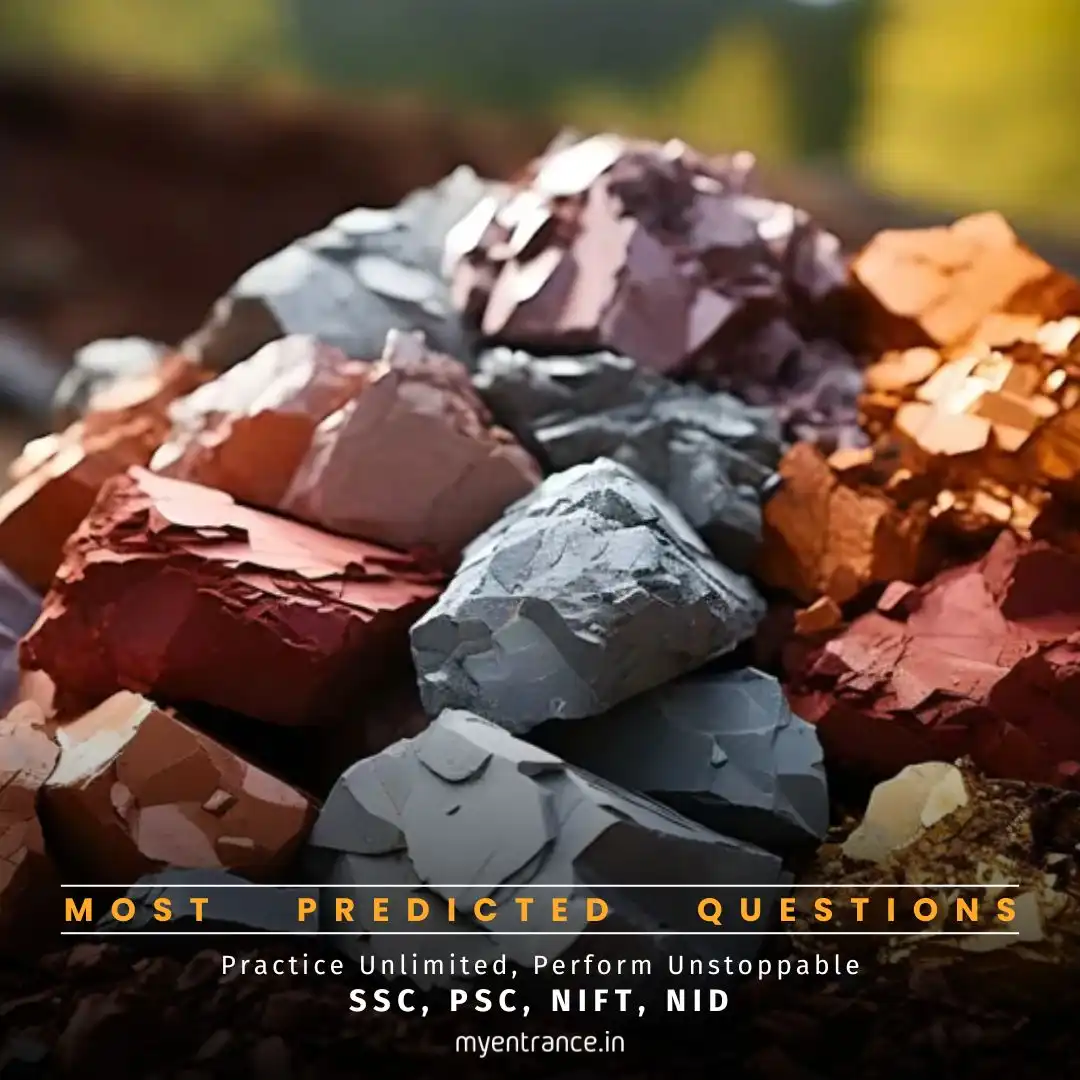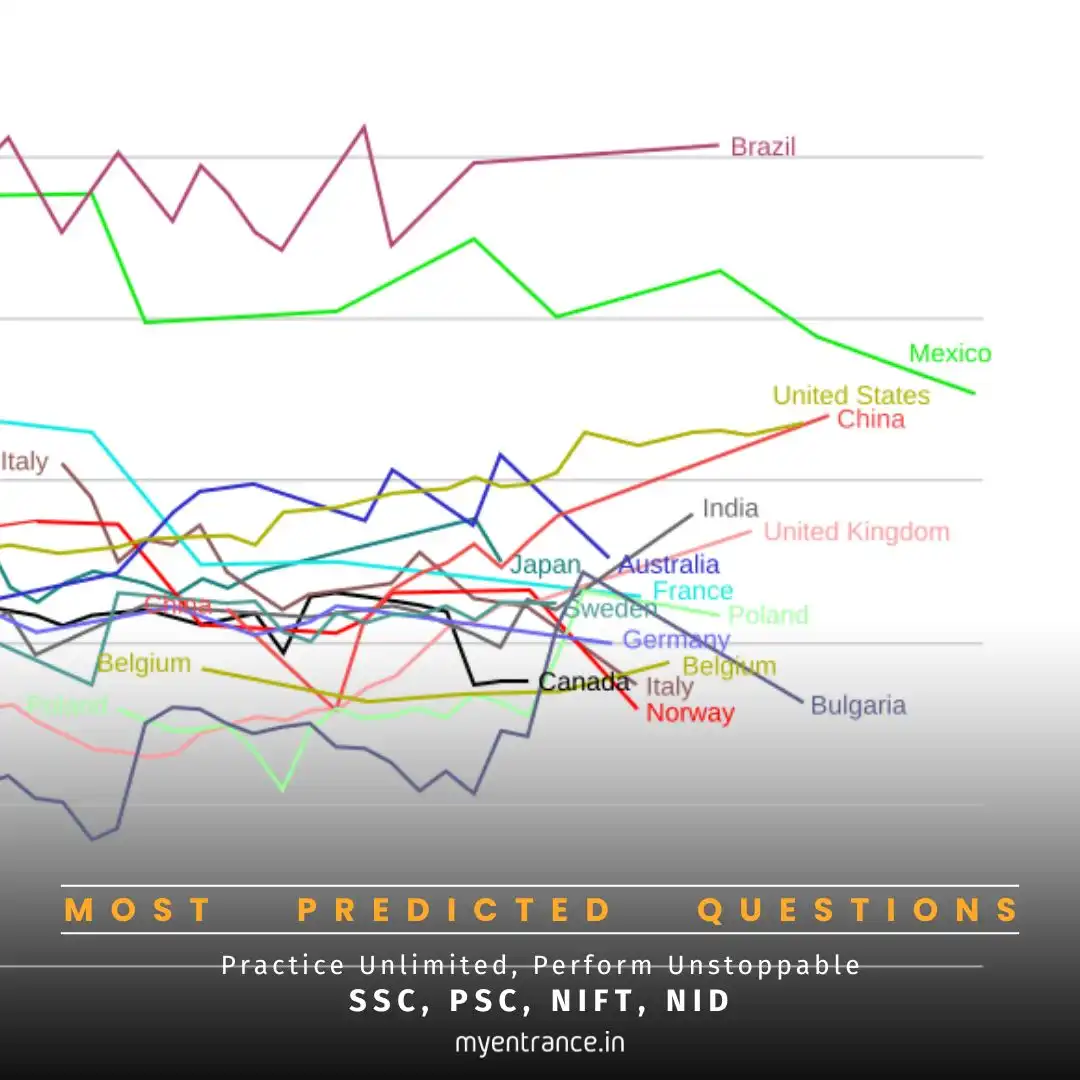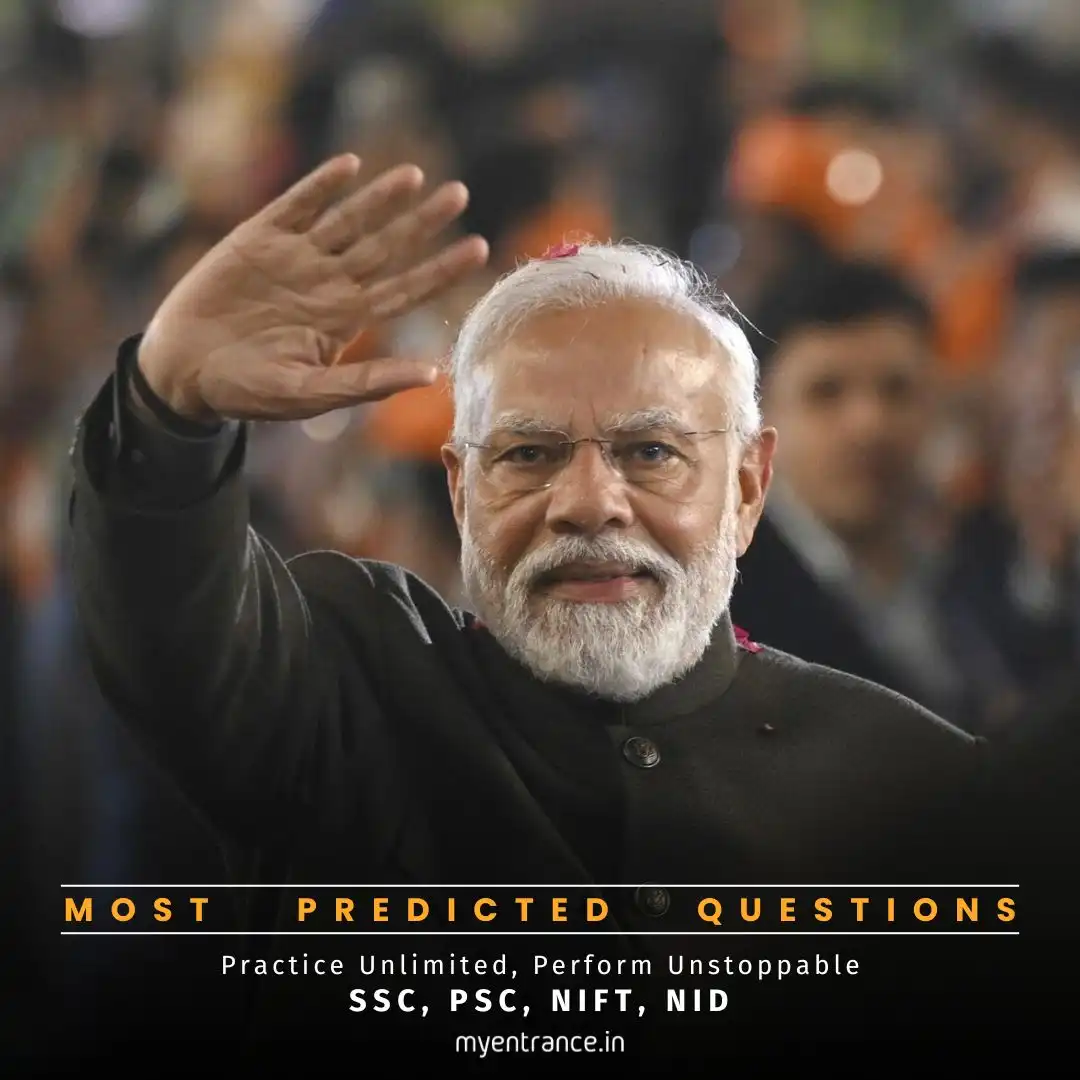Select Language
Is India’s EV Policy at Risk Due to China’s Rare Earth Magnet Restrictions?
China’s decision to restrict exports of rare earth magnets—essential for electric vehicle (EV) motors—has forced India to reassess its EV policy. With the country heavily dependent on Chinese supplies, policymakers are debating whether an over-reliance on battery electric vehicles (BEVs) is sustainable. Could this lead to a shift towards alternative technologies?
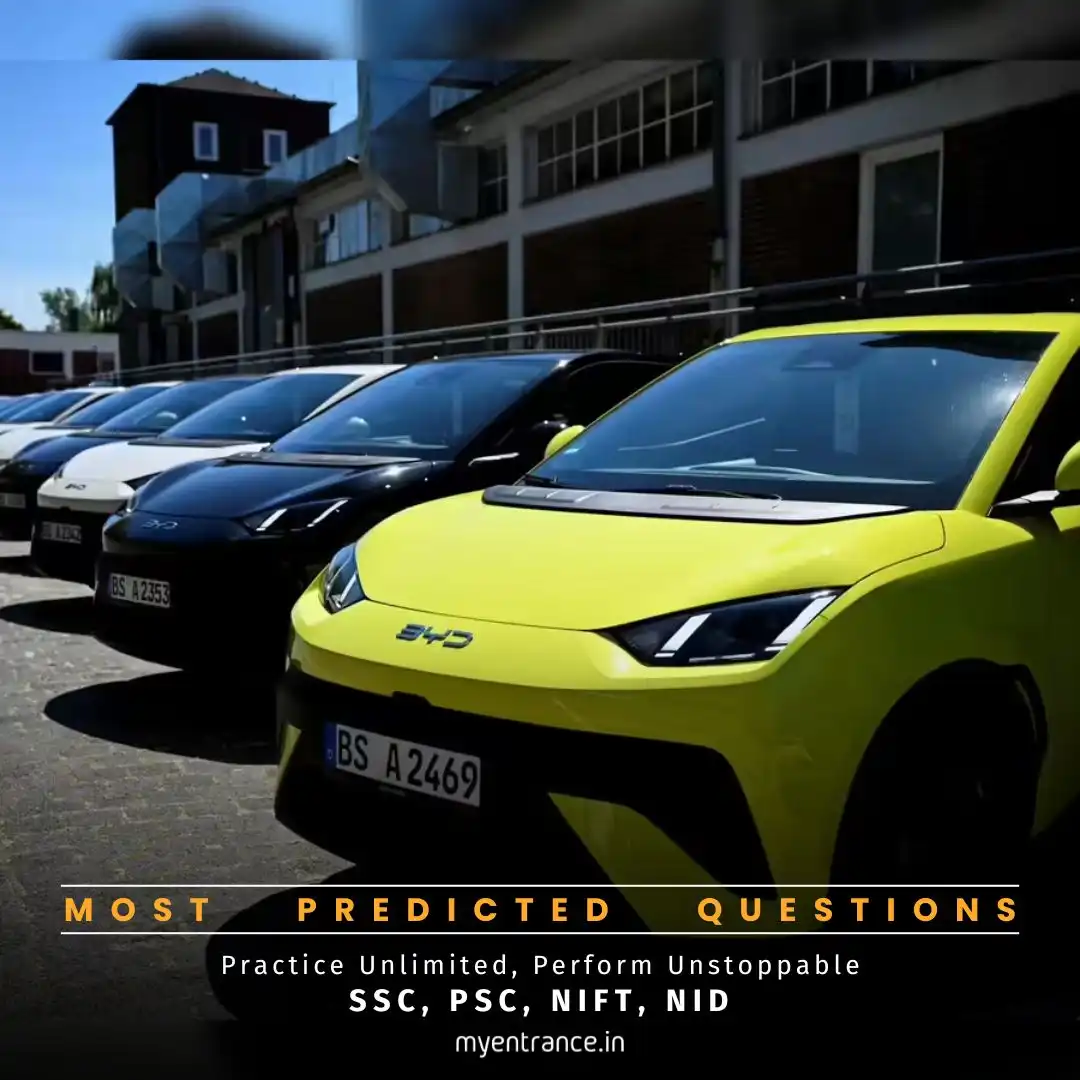
Key Points to Consider
1. Why Rare Earth Magnets Matter in EVs
Rare earth magnets, especially neodymium-iron-boron (NdFeB) magnets, are crucial for EV motors.
They enable high efficiency, power, and performance in electric drivetrains.
China dominates global production, controlling over 90% of rare earth processing.
2. China’s Export Restrictions & India’s Dilemma
Since April 2024, China has imposed export curbs on rare earth magnets and related materials.
This affects Indian automakers who rely on Chinese imports for EV components.
India’s EV30@2030 target (30% electric cars by 2030) may face delays due to supply chain disruptions.
3. Is India Overdependent on BEVs?
India’s policy heavily favors battery electric vehicles (BEVs), taxing them at just 5% while other technologies face 43-48%.
BEVs like the Tata Nexon EV and Mahindra XUV400 dominate incentives, sidelining alternatives like hydrogen fuel cells or hybrid systems.
With China controlling both rare earth magnets and lithium-ion batteries, India’s EV push risks geopolitical vulnerabilities.
4. The Need for Strategic Diversification
Phased Manufacturing Programme (PMP) aims to boost local EV production, but rare earth processing remains a challenge.
Countries like Japan and the US are reviving rare earth production—should India follow suit?
Exploring alternative motor technologies (like induction motors) could reduce reliance on rare earth magnets.
Sample Questions & Answers for Competitive Exams
Q1: Which rare earth elements are crucial for EV permanent magnets?
A: Neodymium, dysprosium, and terbium are key for high-performance NdFeB magnets used in EV motors.
Q2: What is the primary concern behind China’s rare earth export restrictions?
A: It disrupts global EV supply chains, forcing countries like India to rethink their dependency on Chinese imports.
Q3: How does India’s EV30@2030 policy aim to transform the auto sector?
A: It targets 30% electric cars, 70% commercial EVs, and 80% electric two/three-wheelers by 2030.
Q4: Why are rare earth magnets preferred in EVs over conventional magnets?
A: They offer stronger magnetic fields, leading to more efficient and compact electric motors.
Q5: What is India’s current tax structure for BEVs vs. other vehicle types?
A: BEVs are taxed at 5%, while hybrids and ICE vehicles face 43-48% GST.
Why This Matters for Competitive Exams
UPSC/SSC/PSC: Covers Current Affairs (Prelims) and Economic/Geopolitical Policies (Mains).
NID/NIFT/FDDI: Tests awareness of global supply chain impacts on industrial policies.
General Knowledge: Highlights India’s energy security challenges and technological dependencies.
Get 3 Months Free Access for SSC, PSC, NIFT & NID
Boost your exam prep!
Use offer code WELCOME28 to get 3 months free subscription. Start preparing today!
